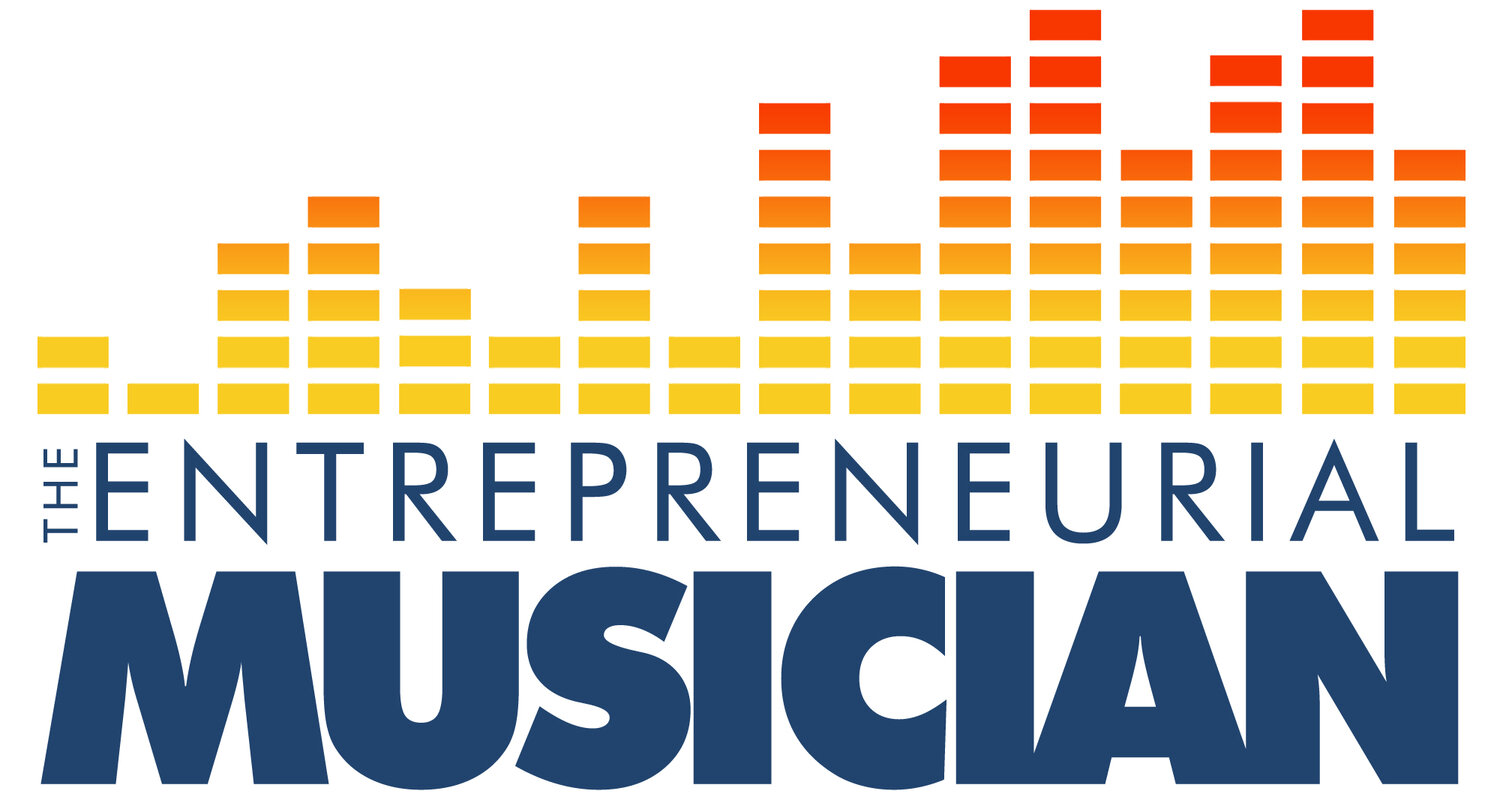TEM Coaching Tip: It's Never Too Late
The stories of the people who find success in the music business at an early age are always celebrated and amplified. This was true before social media and is exponentially more true today. There’s nothing the Facebook algorithm likes more than a 23-year-old landing a prestigious gig or someone young hitting it big.
The prevalence of posts like this can make it feel like a high percentage of people have found success early in life. In turn, this can feel quite discouraging for anyone who has not experienced that same level of success on a similar timeline.
But there are so many examples in music and across the arts of people who have not “made it” or found their true calling as artists until later in life. (“Made it” is of course in quotes because everyone gets to define what success looks like for themselves.)
The incredible Sharon Jones didn’t record her first album until after she turned 40 and didn’t find widespread success until her late forties. She left us far too early but the music she left behind has made an indelible mark on the world. If she had decided that 40 was too old to start a career in music the world would be a worse place because of it.
Similarly, the amazing Jessica Meyer (who I interviewed for TEM73) didn’t become a composer until she turned 40. In a short period of time she went from never having composed a thing to having her pieces performed all over the country to critical praise. When you hear her talk about composing, you can tell that she can’t imagine her life or career without it. And she didn’t start until she was almost 20 years into her professional career!
Pulitzer- and Nobel Prize-winning author Toni Morrison didn’t get published until she was 39. I could fill page after page with examples just from the arts. The world is littered with examples like these women.
Just know that we all have a voice inside of us that will tell us we are too old. Or that we are too young. Or that we are too something.
That’s just the fear talking because it’s simply not true. In my experience there’s nothing you can do to prevent that voice that’s inside us all from speaking up in the first place. And the only way to make that voice go away is by simply doing the thing it’s telling you you can’t do.
It’s never too late.




